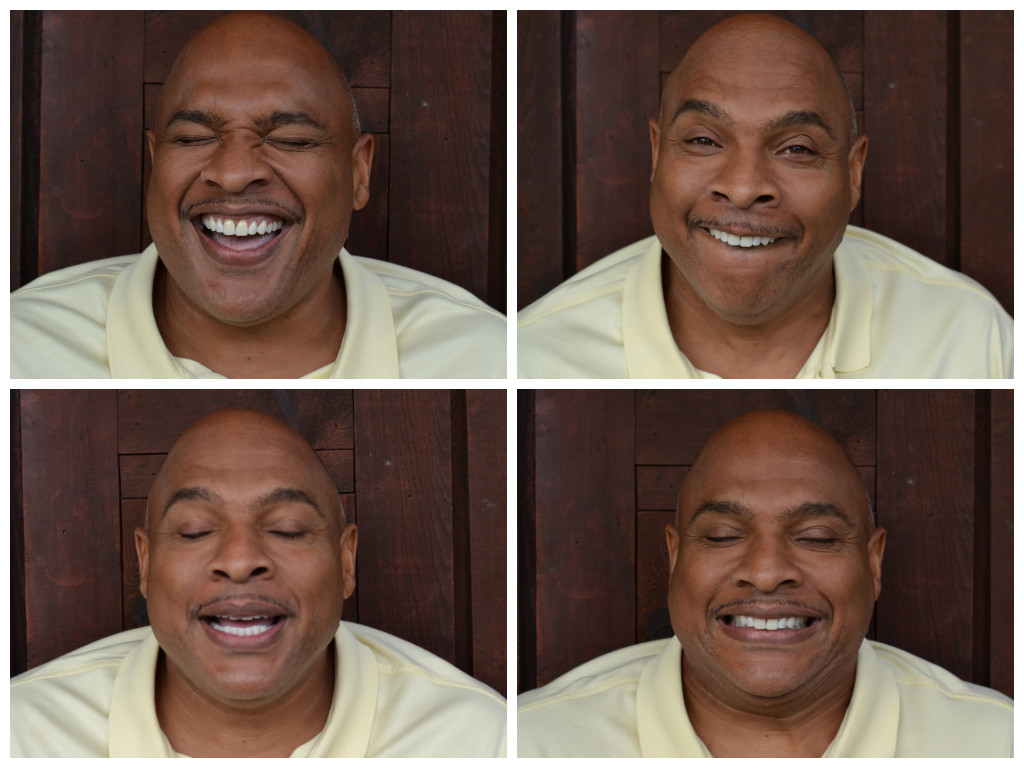Ask Big Dog: November Edition
 Marlon "Big Dog" Brown experienced a twenty year run of homelessness, drug addiction, and jail time before Jesus changed his life. By God's grace, he has come to know Jesus and through Jesus he has been sober for 11 years. Marlon began working at SOS in 2004 as an Assistant Construction Director. Big Dog spends his free time serving those who are living the life he used to live. He desires to see individuals find Jesus and leave their destructive lifestyles.
Marlon "Big Dog" Brown experienced a twenty year run of homelessness, drug addiction, and jail time before Jesus changed his life. By God's grace, he has come to know Jesus and through Jesus he has been sober for 11 years. Marlon began working at SOS in 2004 as an Assistant Construction Director. Big Dog spends his free time serving those who are living the life he used to live. He desires to see individuals find Jesus and leave their destructive lifestyles.
This blog series will be featured the first Wednesday of each month.
You can follow along with his ministry on his personal Facebook page or his Street Ministry Facebook page.
Question:
What's the biggest challenge for a homeless person to get off the street and into a more healthy environment?
Response from Big Dog:
We think it is an easy sell, an easy transition - we say this homeless person is at point A and the independent productive life is point B. Often times, he doesn’t see point B because he either doesn’t want, feel the need, or feel personally qualified for the independent, self-sufficient life. Change can happen when the homeless person realizes his value. He must see his potential based on the fact that he was made in God’s image. I would say the biggest challenge is the psychological transformation that he needs to move forward.
Once this change in psychology occurs, factors such as education, conditioning, physical and mental abilities become crucial.
The homeless person says, “Now I’m up, realizing my value, how do I get to the next step? How do I overcome society’s barriers for me? I feel like the outcast - the other guy. Nobody is overly concerned for me. I am shown no favor. I don’t fit in. Not accepted. Not desired.”
This second challenge of societal limitations, restrictions, and prejudices. Societal discrimination is not lawful, but it certainly still happens.
With the society conversation, it is sad that often times the church still shows some of this same discrimination. I think it is worse to see such discrimination in the church rather than society. With society, it’s expected. You’re supposed to see the church as pure clean water & the street as dirty, something unlike the church. When you see the church as murky and unclear, then something is wrong. The church should be full of grace. Anger and frustration rise up when I see the same behaviors, characteristics, and traits of the streets and society amidst the church.
Our effectiveness in helping the homeless get to point B does not happen until relationships are formed with the homeless. We must build relationships so that we might know why they’re homeless. Do they want help? Do they have goals, and if so what are they?
Even when the homeless open up and they’re honest, they may say, “All that I really want is a room to stay in and some odd jobs so that I can get cigarettes.” We must get to know someone and learn the person and learn what they really mean rather than what they are saying. Rarely do we change a homeless guy’s status in only a day. It takes relationships and slow change. Slow change is good.
***If you have a question you would like to ask Big Dog, please email it to askbigdog@sosmemphis.org or through social media using the hashtag #AskBigDog
